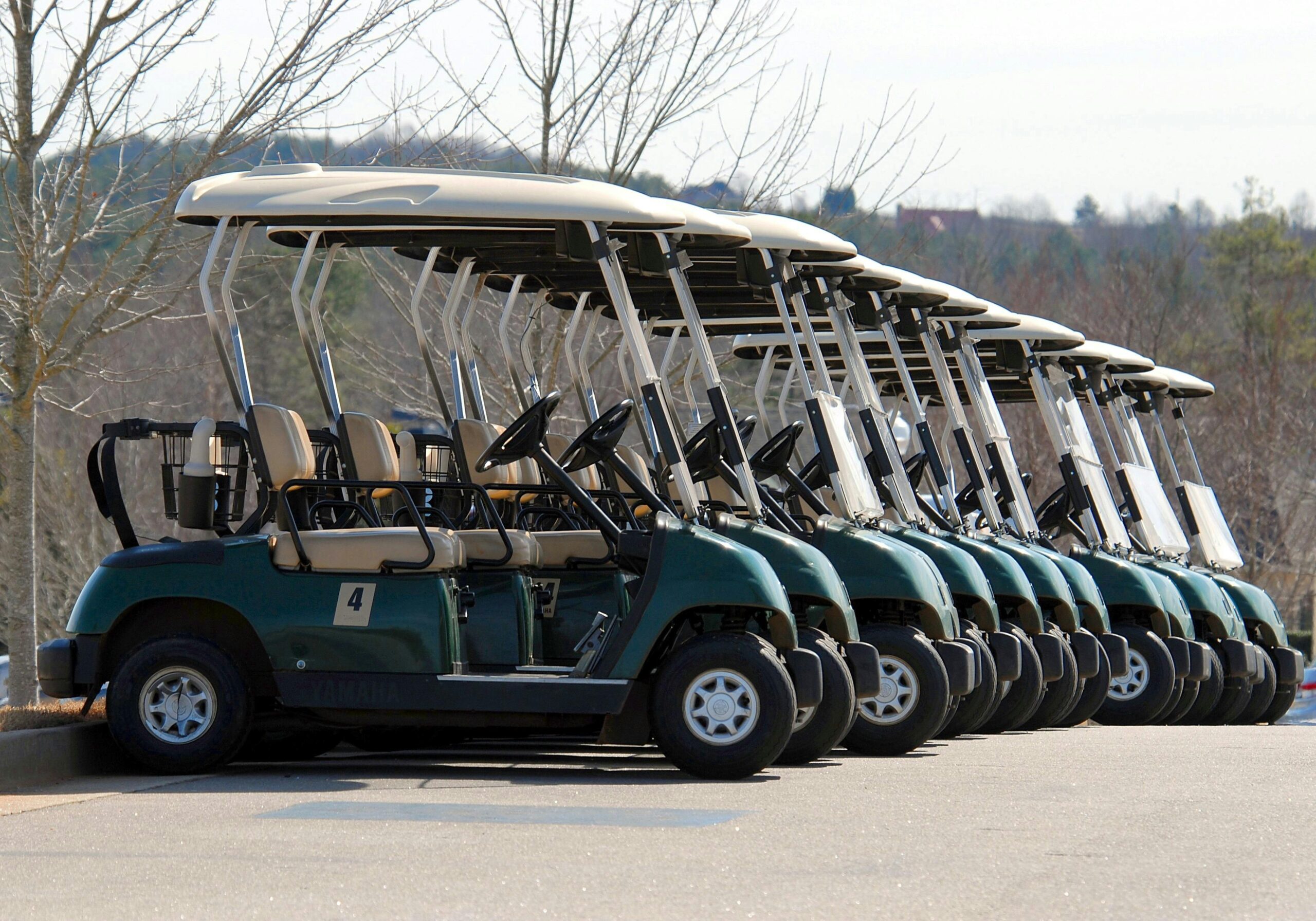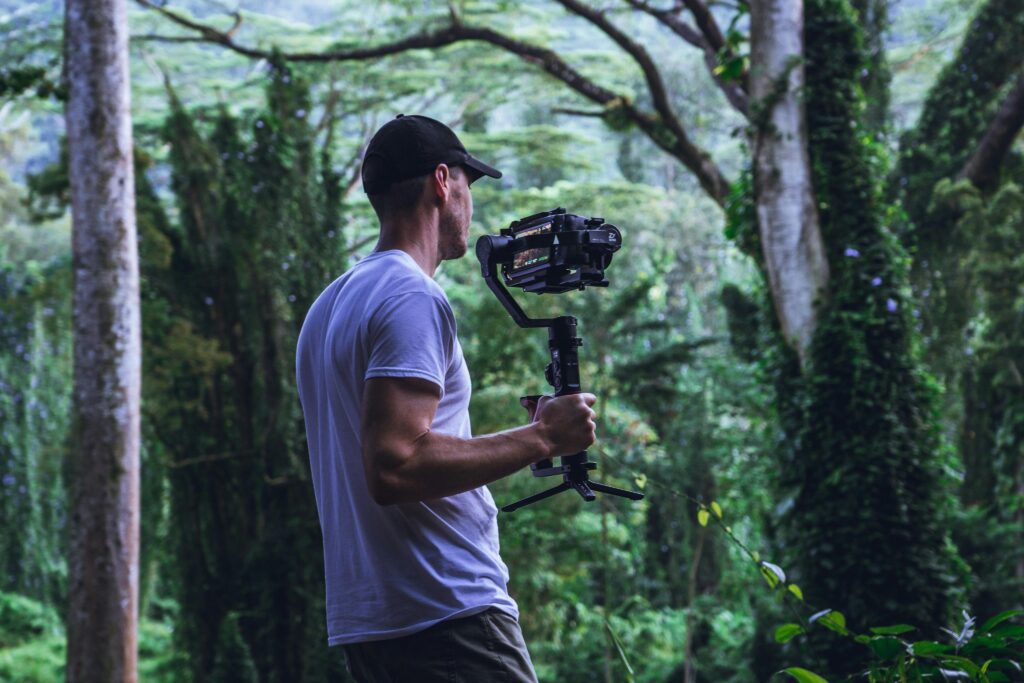“Wait, they rejected my media insurance claim because of a rental equipment policy? Ugh.” Ever faced that sinking feeling when your equipment fails—or worse, gets damaged—only to find out you’re not covered under your media insurance? Yeah, we’ve been there. And it’s precisely why understanding rental equipment policies is key if you rely on leased gear for your content creation or media projects.
In this post, we’ll demystify rental equipment policies and their role in safeguarding your creative investments via proper media insurance. You’ll learn what these policies mean, how to navigate them like a pro, and the mistakes to avoid (trust me, they’re brutal). Let’s dive in!
- Key Takeaways
- The Problem with Rental Equipment Policies
- Your Step-by-Step Policy Survival Guide
- Pro Tips & Best Practices
- Real-World Success Story
- Common Questions About Rental Policies
Key Takeaways
- Rental equipment policies protect leased items but often exclude common risks without careful planning.
- Review clauses related to loss, damage, theft, and liability before signing agreements.
- Pair your rental contract with dedicated media insurance for complete coverage.
- Document every piece of rented gear meticulously to prevent disputes later.
Why Does Everyone Hate Rental Equipment Policies?

A few years ago, I was filming an ambitious project using rented cameras worth over $50k. Fast forward two days into production—a sudden storm flooded our set, ruining everything. When I filed a claim, guess what happened? My request got denied faster than a TikTok trend dies off.
The kicker? The fine print buried deep in the rental agreement labeled “Acts of Nature” as non-covered. Lesson learned the hard way: Ignoring those pesky rental equipment policies can cost you BIG TIME.
And here’s the thing—it happens more than you think. Many creators and media professionals overlook these details until disaster strikes. That’s where proper knowledge comes in handy.
What Exactly Are Rental Equipment Policies?
Rental equipment policies refer to terms and conditions tied to leasing devices such as cameras, drones, lighting rigs, etc., from third-party vendors. These contracts outline responsibilities regarding maintenance, damages, losses, and usage limits.
For example:
- Who pays for repairs?
- Are natural disasters included?
- Can I return gear late without penalties?
If you don’t align these policies with your existing media insurance policy, gaps in protection arise—and chaos ensues.
Step-by-Step Guide to Navigating Rental Equipment Policies
Optimist You: “If I just skim through the highlights, surely nothing will go wrong!”
Grumpy You: “Oh yeah? Try explaining THAT mindset after losing thousands in unreimbursed claims.”
To help you avoid becoming another horror story statistic, follow these steps:
1. Read Every Line of the Agreement
I know—it sounds boring AF. But trust me; hidden inside those legalese paragraphs are critical clauses about:
- Coverage exclusions (e.g., accidental drops)
- Premium requirements for extended periods
- Liability caps during transit
Side note: Don’t skip parts labeled “Exclusions.” They’re written cryptically specifically so you *do* miss them!
2. Check Coverage Compatibility with Your Media Insurance
Your personal/business media insurance should ideally overlap with—but also complement—the rental agreement. For instance:
- If rentals aren’t covered, consider adding riders.
- Confirm deductible amounts match between both policies.
3. Inspect All Gear Before Signing Off
This part may feel tedious (“Dude, just hand me the drone already”), but documenting the condition ensures no one blames YOU for pre-existing issues.
Snap photos, record serial numbers, and write down observations. Store copies digitally somewhere secure—Google Drive works wonders.
Pro Tips & Best Practices
- Terrible Tip Disclaimer: Avoid relying solely on verbal guarantees from rental staff. Verbal promises vanish faster than your coffee at 3 PM.
- Purchase supplemental coverage directly from the vendor if necessary. Sometimes paying extra upfront saves monumental headaches later.
- Use technology! Apps like Sortly let you catalog all equipment effortlessly, saving time during emergencies.
- ALWAYS budget for potential mishaps—even minor ones. Factoring costs ahead makes dealing with surprises less painful.

Case Study: How One Filmmaker Saved Thousands by Doubling Down on Details
Sarah, a documentary filmmaker, had rented high-end lenses totaling $40k. During a shoot in rural Alaska, one lens cracked due to subzero temperatures. Normally, that would’ve meant eating ramen noodles till retirement age.
Luckily, Sarah reviewed her rental policy beforehand and supplemented with temporary low-temp coverage through her insurer. Result? Fully reimbursed expenses within weeks instead of months.
Moral of the story: Do your homework now OR cry over invoices later.
Frequently Asked Questions About Rental Equipment Policies
1. What happens if my rental equipment breaks mid-shoot?
It depends entirely on your rental agreement. Some offer free replacements; others charge hefty fees even for mechanical failures beyond control.
2. Can I use standard renters’ insurance for leased camera gear?
Not usually. Renters’ insurance generally applies to home contents, NOT professional-grade equipment rented for commercial purposes. Consult your agent first!
3. Should I negotiate terms with the rental company?
Absolutely! Often, companies are willing to tweak conditions slightly to accommodate long-term clients. Be polite yet persistent.
Conclusion
Navigating rental equipment policies might seem daunting initially, but mastering them is essential for protecting your valuable assets while creating killer content. Remember:
- Never skimp on reviewing agreements thoroughly.
- Pair rental terms with robust media insurance.
- Document everything religiously.
Armed with these strategies, you won’t find yourself stuck in a costly bind next time life throws its inevitable curveballs. Go forth, create, and stay insured!
P.S. Did you read this far? Kudos. Here’s a haiku to brighten your day:
Rain hits rented mic,
Claims get denied too early—
Plan better tomorrow.


